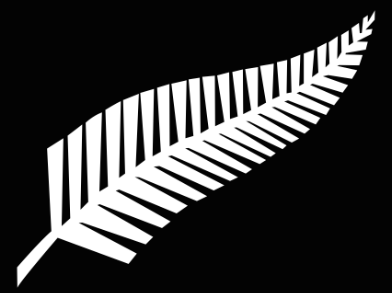Third Generation Kiwi
A godly parentage is a priceless heritage. It’s blessing rests not only on the children of the first generation, but has often been traced in many successive generations. But its blessings will depend upon the keeping up of the Spirit of prayer, with that direct sense of belonging to God. To belong to such a family implies high privilege, but equally high responsibility. The spirit of the world is so strong, the slackening of the spiritual life on the part of parents comes in so easily, that unless the charge God has committed to us be jealously guarded, the inheritance may easily become spent and lost. Well for a family that acknowledges what it owes to the prayers of ancestors. How true these words of Andrew Murray are very pronounced in the world today. Though the principles might be taught, unless the relationship with our maker is formed, the main incentive to keep them is lost.
I was born in 1917 and from my earliest days I was taken to church and taught of a loving, caring, and prayer answering God, and the example of my parents, and incidentally their parents also, meant that I too grew in faith and in His ways. Not that I was perfect, but I did try to obey His word and seek guidance for my life.
My grandfather came to New Zealand with his family in the William Hyde in 1852. He was then two years old, but his older brother Francis had come out earlier to buy a farm and make ready for the family. He was a lad of 17 - what a responsibility for a young lad to find and buy a place in a new and unsettled land.
The intention was for the family to follow the next year, but it didn’t work out that way and in the end it was four years later when they did arrive. Francis had found, on looking at the passenger list on the boat, that an Aunt and Uncle were also on it, and although he didn’t know them, he knew of them and made himself known to them. Not only was it great for him to have someone to relate to on the voyage but also he was able to be a great help to them, especially when his Aunt was so seasick she was not able to look after her children for some time.
When they got to New Zealand some six weeks after leaving England, they landed on the beach at Petone. Facilities were set up there to receive them and to see to immigration. Maps and descriptions of places for sale were available, but it was all done on paper. Francis was not able to get a place near Wellington - that land was all too dear - so he settled on one near Wanganui. The family had got together everything they could think he would need and these were loaded on a riverboat to be taken to his new place. He had to erect his tent and get himself settled for the night and the next morning a Maori lad arrived with a kit of kumara for him. This began a friendship and helpmate that lasted for many years, and Francis was especially glad of the comradeship they shared.
By the time the family did arrive, Francis had cleared bush and built a home for them and planted an orchard and vegetable garden. The seeds he had carefully collected and planted had thrived and he was eagerly looking forward to showing his parents what he had been able to achieve. The little brother followed Francis everywhere and asked so many questions that he soon knew the names of the birds and trees that grew on the property. He turned out to be a great scholar and eventually went to Otago University where he earned the first BA in New Zealand, and after teaching in several schools was headmaster in Epuni, and later, Taita schools. When it came mother’s turn to go to University, she boarded with the Williamsons and came to know and love Fred. He served his apprenticeship as a carpenter and then as a cadet on a farm, both of which were of great value to him when he bought his own farm.
